
Fife Council declared a Climate Emergency in September 2019 and is not alone (1). By declaring a climate emergency, we're acknowledging that there is a limited time (2) to reduce carbon emissions to stop catastrophic climate change. Big changes in how we live in Fife are needed, but responding to the climate emergency presents us with an opportunity for positive change:
- better health and wellbeing
- improved air quality
- economic savings for individuals and businesses
- new jobs
- less congestion on our roads
- cleaner and greener places
This is the decade for action on climate change. Change is hard, especially at the moment, you have taken the first step by taking the time to visit these pages. So thank you. Together we can tackle climate change and become resilient to its effects.
Fife Council is not the expert on reducing carbon emissions so we have links on these pages where you can get further information and advice on how to take action.
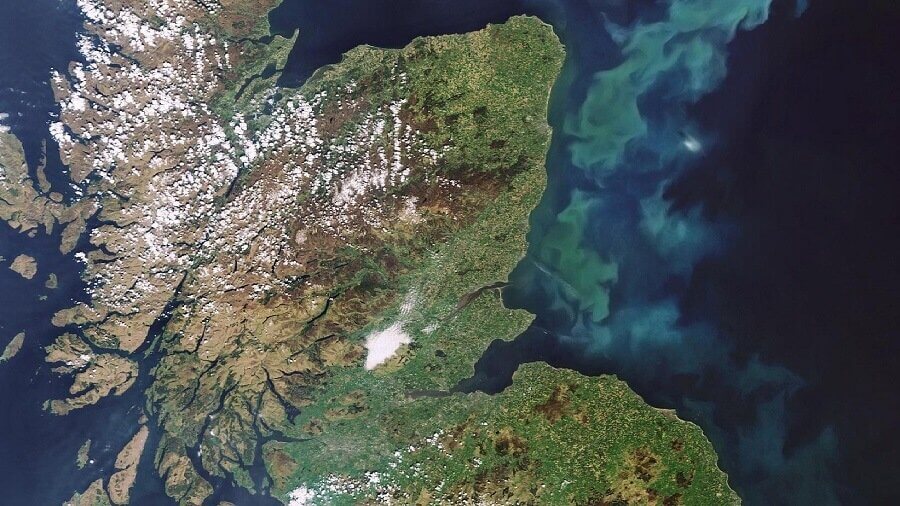
What is a climate emergency?
Urgent action is required to reduce or halt climate change and avoid potentially irreversible environmental damage resulting from it.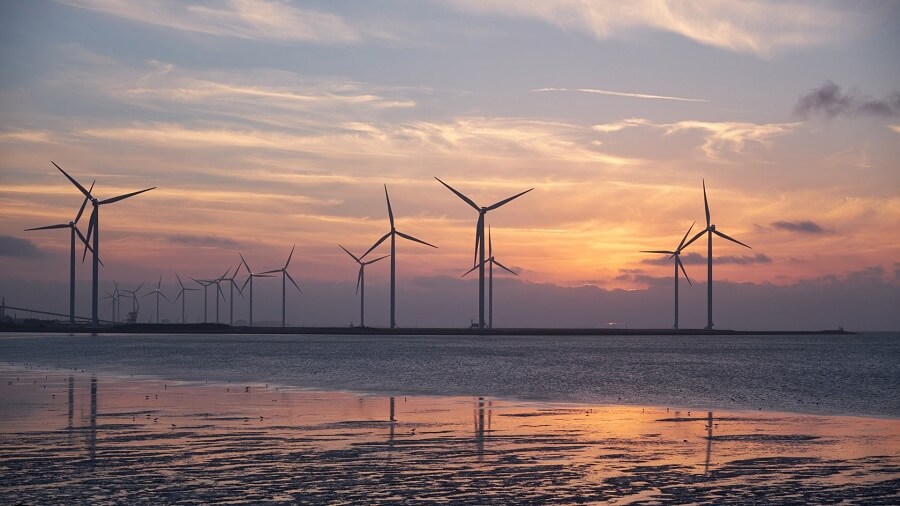
Fife action on climate change
Find out what Fife Council is doing to tackle climate change.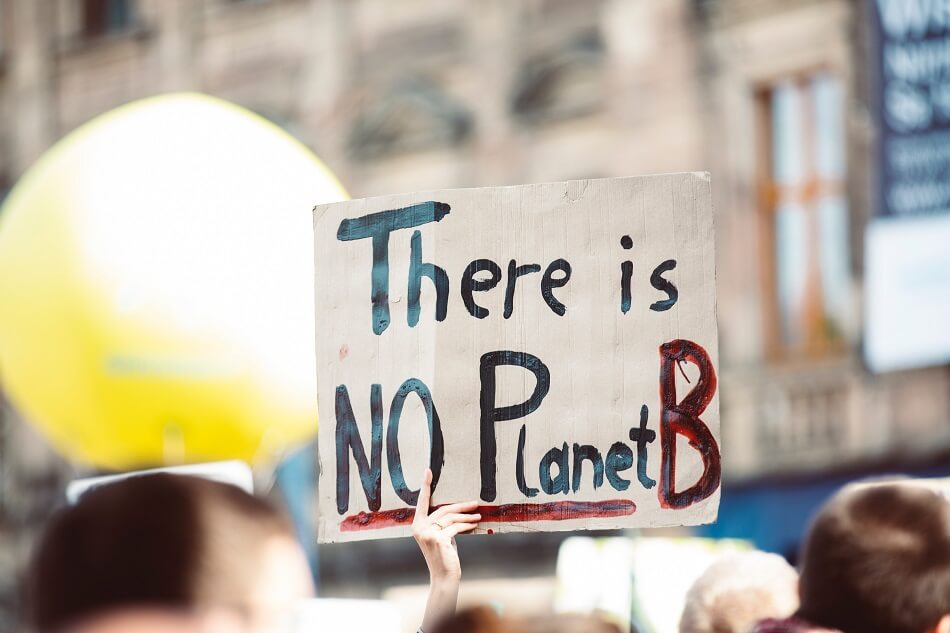
Climate emergency - what can you do?
Find out how you can play your part in tackling climate change.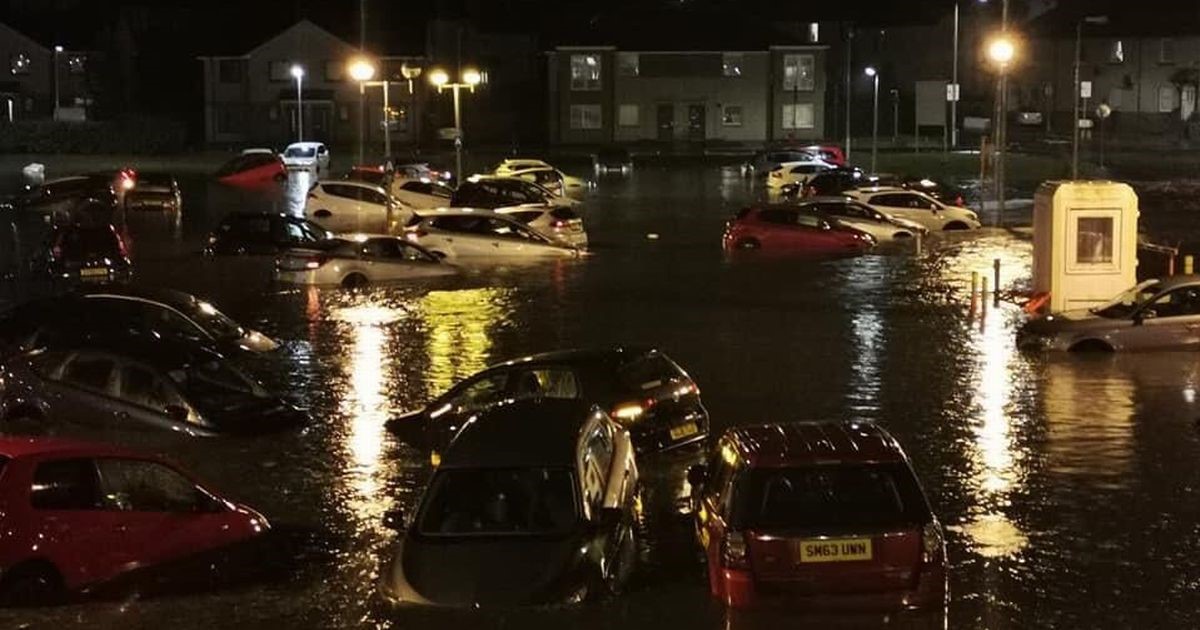
Flooding and climate adaptation
Climate change is happening now so we must adapt to its effects
Do you have climate anxiety?
Tips on how to deal with the stress of the Climate Emergency.
Climate emergency - a fair and just transition
All people should benefit from the transition to a zero carbon, resilient society.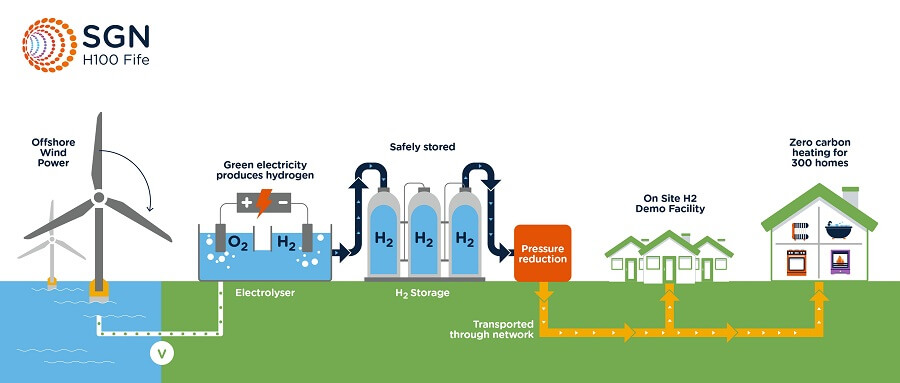
H100 Fife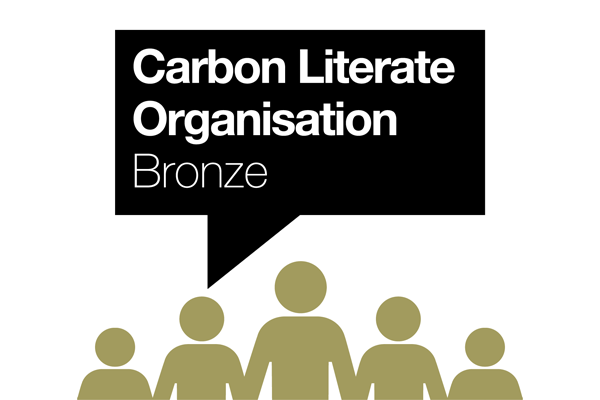
Climate knowhow
Net Zero Innovation and Delivery Programme
Footnotes
(1) 300/404 (74%) of District, County, Unitary & Metropolitan Councils have declared a Climate Emergency by February 2021. Also 8 Combined Authorities/City Regions (21/32 Scottish LA’s) https://www.climateemergency.uk/blog/list-of-councils/
(2) The United Nations (UN) released a report in October 2018 on the impacts of global warming and warned that we may have just twelve years left from 2018 to limit a climate crisis. An increase of global warming at current rates will significantly increase the risk of drought, floods, extreme heat, and climate-related poverty for millions of people across the world. This is reflected in the UK’s Climate Change Committee’s report Net Zero – The UK’s contribution to stopping global warming

